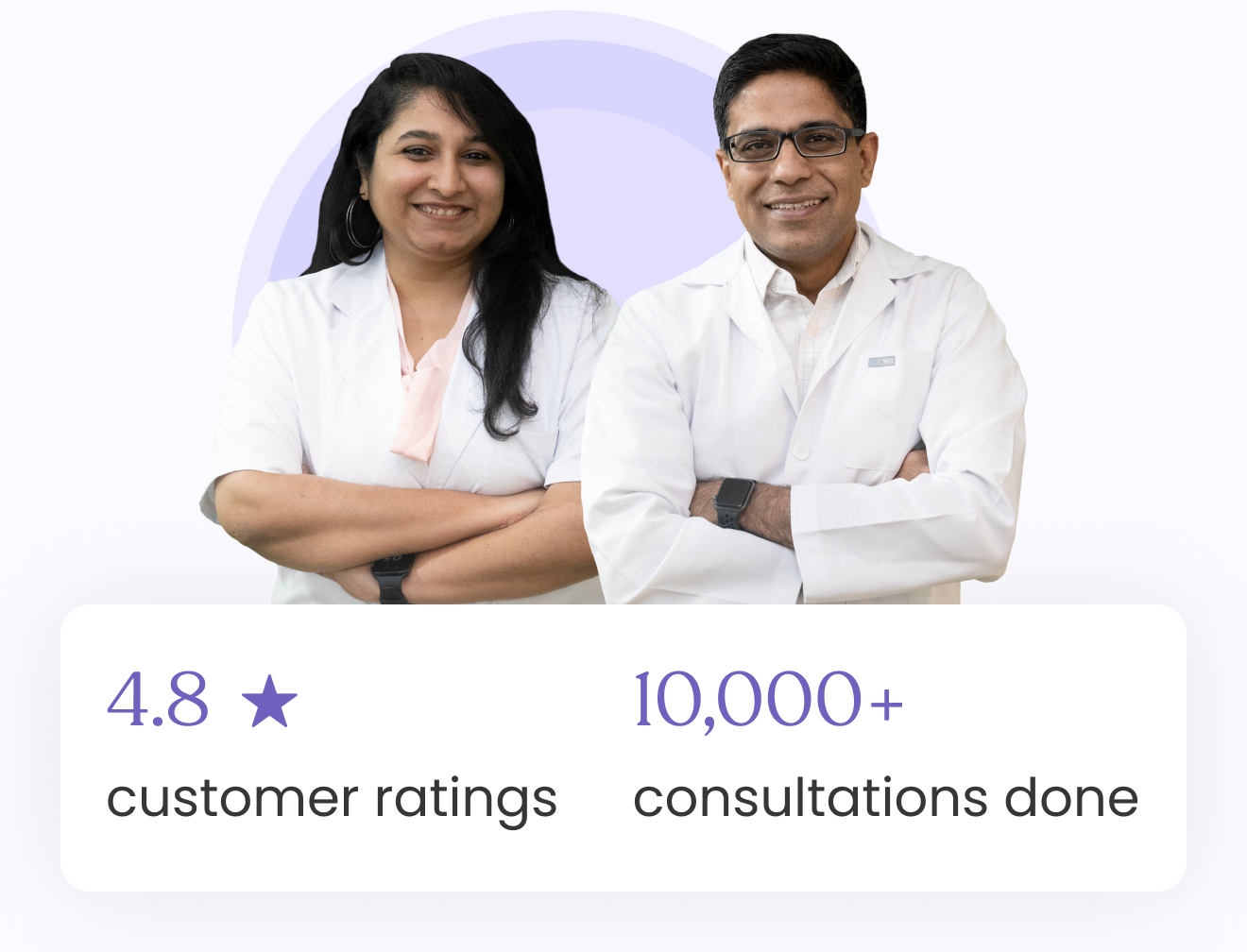Premature Ejaculation and Erectile Dysfunction Are Treatable: What Every Man Should Know

Premature ejaculation (PE) and erectile dysfunction (ED) are not only common but also highly treatable conditions — often with positive outcomes when addressed early. Whether caused by stress, health issues, or emotional factors, a wide range of treatments exist: medications, therapy, lifestyle changes, and even simple techniques. Many men benefit from a combination of these approaches. If you're struggling, know that help is available and effective — speaking to a doctor is a powerful first step toward recovery.
Sexual health issues like premature ejaculation (PE) and erectile dysfunction (ED) affect millions of men — and many wait months or even years before seeking help. But the good news is, both premature ejaculation and erectile dysfunction are treatable. With the right approach, many men see significant improvement often within weeks or months.
Whether these conditions are temporary or persistent, you’re not without options for treatments. There are ways to fully recover or effectively manage them.
In this article, we’ll explore whether PE and ED are curable or manageable, how they can occur together, the treatment options available, and when it’s time to seek professional support.
Are Premature Ejaculation & Erectile Dysfunction Curable or Just Manageable?
It really depends on what’s causing the problem. If it’s due to something like stress, being tired, or certain habits, it can usually be treated completely. [1] [2] Sometimes they come back when stress levels rise — but that doesn’t mean you’re back at square one.
In other cases, it requires consistent treatments over a long period, in chronic health conditions like diabetes, cardiovascular issues, or neurological problems. [2]
So yes — in many cases, it’s not just manageable. It can be treatable or even fully reversible.
Can Premature Ejaculation & Erectile Dysfunction Coexist?
Yes, PE and ED often overlap and it’s actually more common than people think. In many cases, one condition can lead to or worsen the other. [3]
For example, a man who has ED might rush during sex out of fear he’ll lose his erection — which can lead to PE. On the other hand, someone struggling with PE might become so stressed about finishing too soon that the stress itself makes it hard to stay erect — and vice versa.
This loop creates emotional strain on men leaving them feeling helpless or confused. But understanding that both are part of the same picture can help in deciding the right treatment plan.
Most men who come in with PE or ED wait months before seeking help. The truth is, both are highly treatable with the right approach — and the sooner we start, the better the outcomes.
How to Treat Premature Ejaculation & Erectile Dysfunction
A lot of people think there’s no real solution for PE or ED — or that they just have to deal with it for the rest of their lives. But that’s not even close to the truth. These issues are very common, and the good news is, there are many effective treatments available today.
Treatment for Premature Ejaculation (PE)

24x7 AI backed chatbot for all your sexual health related queries
Here are some things that can help for PE:
- Medicines: Certain medications like dapoxetine or low-dose antidepressants can help you last longer. Some are taken daily, others only before sex according to what your doctor says. [4]
- Numbing creams or sprays: These are applied to the penis before sex to reduce sensitivity. They can help you last longer without affecting your whole body. [5]
- Exercises and techniques: Methods like the stop-start method, squeeze technique, and pelvic floor exercises can give you more control over ejaculation. [1]
Treatment for Erectile Dysfunction (ED)
For ED, there are several options too:
- Pills: This includes well-known medications like Viagra (sildenafil) and Cialis (tadalafil). They help improve blood flow to the penis, making it easier to get and keep an erection during sex. [6]
- Hormonal therapy: If your ED is because of low testosterone levels, your doctor might suggest hormone treatment. [6]
- Injections or urethral pills: If regular pills don’t work for you, there are other options like tiny injections or small pills that are inserted into the penis. They sound scary, but many men find them helpful. [6]
- Vacuum pumps: These devices create suction to draw blood into the penis. Once you have an erection, a ring is placed at the base to keep it firm during sex. [7]
- Surgery (for severe cases): Some men choose a penile implant, which is a device placed inside the penis. It’s a permanent solution when nothing else helps, and many couples are happy with the results. [8]
Therapy and Mind-Body Approaches
These issues are not only dictated by the physical aspects of your body but also how you feel in general. If you’re stressed or feeling low about yourself, it can affect your performance in bed. Therapy can be a powerful tool to help you relax, rebuild confidence, and reconnect with your partner.
- Cognitive-behavioral therapy (CBT): This kind of therapy helps you notice and change negative thoughts that you might have during sex. It can help you feel more relaxed and confident. [9]
- Sex therapy: A sex therapist can teach you simple tips to improve intimacy and communication with your partner. [10]
- Couples Counseling: This is really a great option to help you open up to your partner about the issues you’re facing. It helps you and your partner understand each other better, rebuild trust, and reduce pressure during intimacy. Studies show that stress-related erection problems get resolved in 50% to 70% of men when their partner is part of the therapy, as compared to lower success rates when men undergo counseling alone. [11]
- Mindfulness practices: Simple things like deep breathing or short meditations can calm your mind and help you stay focused and present during sex. [12]

Lifestyle Changes
Your overall health does impact your sexual health. The more you take care of your body, the better things are in the bedroom. Here are a few simple things you can start doing: [6]
- Exercising regularly
- Eating a balanced diet
- Quitting smoking
- Cutting back on alcohol
- Managing stress
These daily habits improve blood flow, hormone balance, and mental health — all of which are critical to sexual wellness.
Combining Treatments for Better Results
Sometimes, using more than one treatment at the same time gives the best results. For example, you might take medicine and also try therapy, or use a numbing cream along with some control exercises. Your doctor can help you decide a treatment plan which is best suited for you according to your comfort. [13] [8]

How to Prepare for a Sexual Health Consultation
It’s totally normal to feel a little nervous before talking to a doctor about sex problems. But remember — this is their job, and they’ve helped many people with the same problems and there’s nothing for you to be embarrassed about.
If you’ve noticed changes in your sexual functioning which have lasted more than 3–4 weeks, or if it’s affecting your self-esteem or relationship —that’s your cue to talk to a doctor. You don’t have to wait until things feel “severe”.
What can help you prepare:
- Jot down what you’re experiencing: when the problems started, how often they happen, and how they’re affecting your daily life or relationship.
- Be honest: the more openly you share, the better your doctor can help.
- You may be asked about your medical history, relationship dynamics, emotional well-being
- They may suggest blood tests or a physical exam. [10]
The goal is to build a treatment plan that works for you — and the earlier you get help, the easier and faster it is to treat.
The following blog article provides general information and insights on various topics. However, it is important to note that the information presented is not intended as professional advice in any specific field or area. The content of this blog is for general educational and informational purposes only.
Book consultation
The content should not be interpreted as endorsement, recommendation, or guarantee of any product, service, or information mentioned. Readers are solely responsible for the decisions and actions they take based on the information provided in this blog. It is essential to exercise individual judgment, critical thinking, and personal responsibility when applying or implementing any information or suggestions discussed in the blog.






